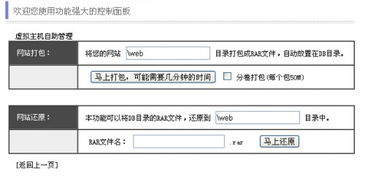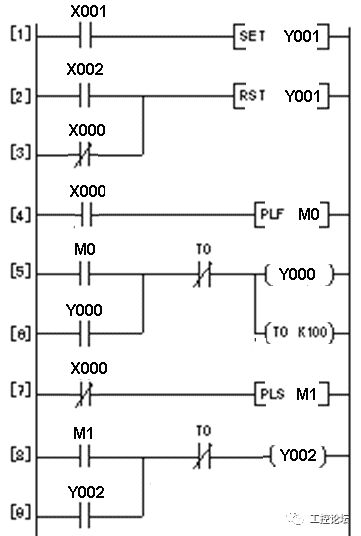Title: Understanding and Utilizing Team Foundation Server 2010
Team Foundation Server (TFS) 2010 was a pivotal release in the evolution of Microsoft's application lifecycle management (ALM) suite, offering comprehensive features for source control, project management, build automation, testing, and collaboration. Let's delve into the core components, capabilities, and best practices associated with TFS 2010.
Introduction to TFS 2010
Team Foundation Server (TFS) 2010 was a robust platform designed to streamline and enhance the software development process. It provided a centralized repository for source code, artifacts, and project management tools, fostering collaboration among development teams.
Core Components of TFS 2010
1.
Version Control
: TFS 2010 offered powerful version control capabilities through Team Foundation Version Control (TFVC), enabling teams to manage source code changes efficiently. TFVC supported branching, merging, labeling, and shelving, facilitating parallel development and code isolation.2.
Work Item Tracking
: Work Item Tracking in TFS 2010 allowed teams to define, track, and manage various artifacts such as requirements, tasks, bugs, and user stories. Customizable work item types and workflows empowered teams to tailor the process according to their needs.3.
Build Automation
: TFS Build Automation simplified the process of compiling, testing, and deploying applications. With TFS 2010, teams could create automated build definitions, trigger builds based on specific events, and integrate with continuous integration practices to ensure code quality.4.
Reporting and Analytics
: TFS 2010 included reporting and analytics features that provided insights into project progress, team performance, and quality metrics. Reports and dashboards allowed stakeholders to monitor key indicators and make datadriven decisions.
5.
Integration with Visual Studio
: TFS 2010 seamlessly integrated with Microsoft Visual Studio, offering a unified development environment for software engineers. Developers could access TFS features directly within Visual Studio, enhancing productivity and collaboration.Best Practices for TFS 2010 Adoption
1.
Define Work Item Tracking Guidelines
: Establish clear guidelines for creating and managing work items to ensure consistency and transparency across the development process. Define work item types, fields, and workflows based on project requirements.2.
Implement Branching and Merging Strategies
: Adopt branching and merging strategies that align with your team's development workflow. Utilize feature branches for parallel development and maintain a structured approach to branch management to avoid conflicts.3.
Automate Build and Deployment Processes
: Invest in automated build and deployment pipelines to accelerate the delivery of software updates. Implement continuous integration practices to detect integration issues early and maintain a stable codebase.4.
Monitor and Analyze Project Metrics
: Leverage TFS reporting and analytics to monitor project progress, identify bottlenecks, and track key performance indicators. Regularly review reports and dashboards to assess team productivity and quality metrics.5.
Provide Training and Support
: Ensure that team members receive adequate training and support to leverage TFS effectively. Offer training sessions, workshops, and documentation to familiarize users with TFS features and best practices.Conclusion
Team Foundation Server (TFS) 2010 played a crucial role in empowering development teams to collaborate, streamline processes, and deliver highquality software. By understanding its core components and adopting best practices, organizations could maximize the benefits of TFS 2010 and drive success in their software development initiatives.
This comprehensive overview aims to provide insights into the capabilities of TFS 2010 and offer guidance for its effective utilization in diverse software development environments.
版权声明
本文仅代表作者观点,不代表百度立场。
本文系作者授权百度百家发表,未经许可,不得转载。











